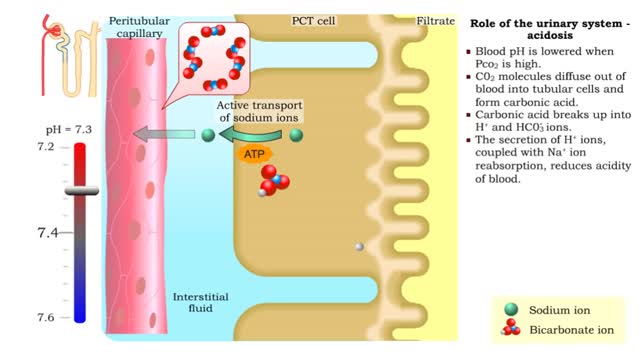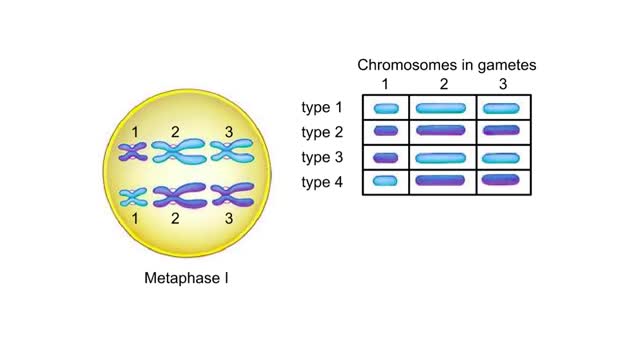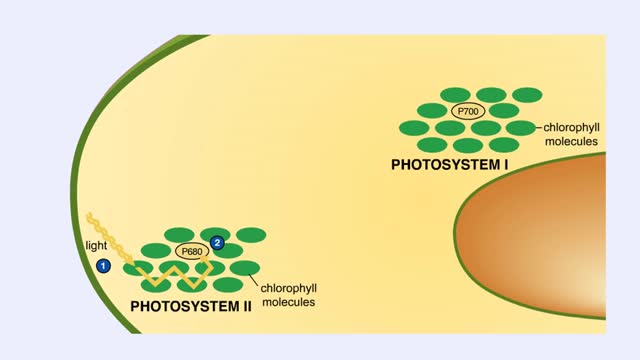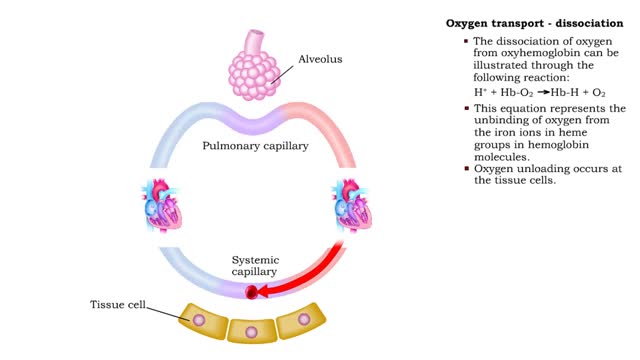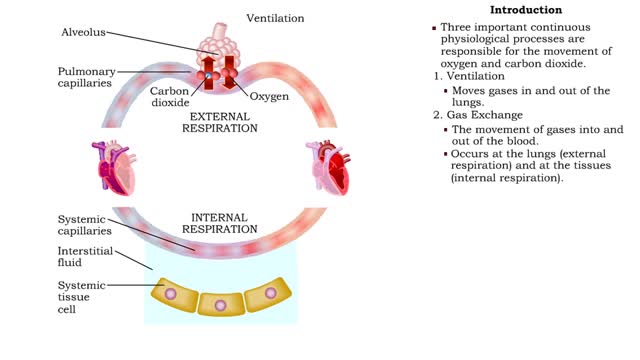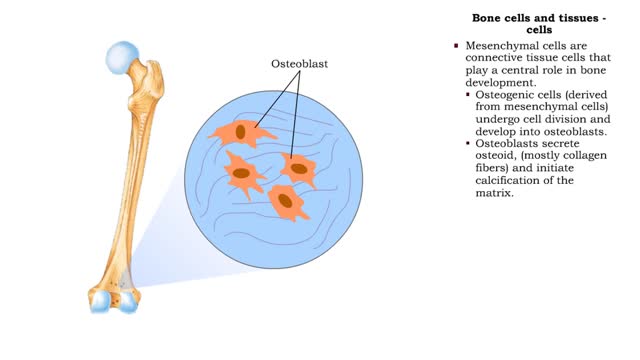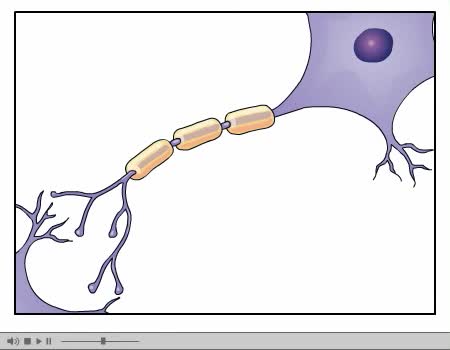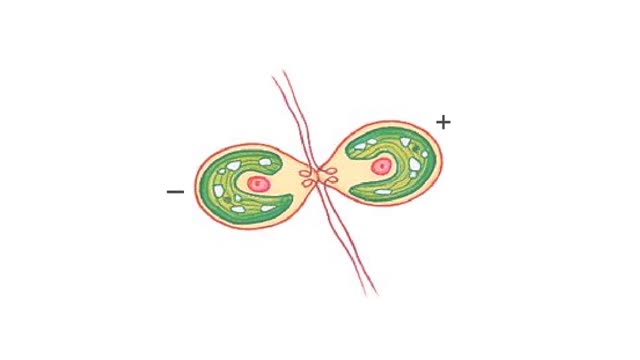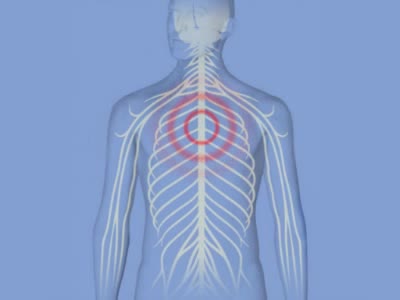Search Results
Results for: 'Types of Transport'
Role of the urinary system - acidosis and alkalosis
By: HWC, Views: 11019
• Tubular cells of the proximal convoluted tubule and collecting tubules can alter filtrate pH and therefore blood pH. • These cells can affect blood pH with two coupled mechanisms: • Reabsorption of bicarbonate ions. • Secretion of hydrogen ions. • The reabsorption of bicarbonate...
Random alignment at Metaphase I Animation
By: HWC, Views: 5366
Possible outcomes of random alignment at metaphase I. In this example, three types of chromosomes are labeled 1, 2, and 3. Maternal chromosomes are dark blue; paternal ones are light blue. Suppose that at metaphase I all the maternal chromosomes became attached to one spindle pole and all the ...
Chloroplast Structure & Light Dependent Reactions (Photosystem 1 and 2 Cyclic Electron Flow)
By: HWC, Views: 10439
The leaf is the principle photosynthetic organ of the plant. This is a cross section of a leaf. The rectangular-shaped cells are part of the photosynthetic tissue called the palisade mesophyll. Each photosynthetic cell can contain several hundred organelles known as chloroplasts. The chlorop...
Oxygen transport: association and dissociation & Factors that affect hemoglobin's saturation with O2
By: HWC, Views: 10798
• The production of oxyhemoglobin can be illustrated through the following reaction: 02 + Hb-H --) Hb-02 + H+ • This equation represents the binding of oxygen to the iron ions in heme groups in hemoglobin molecules. • Oxygen binding or loading occurs at the lungs • The dissociatio...
By: HWC, Views: 10879
• The respiratory system is responsible for the movement of gases involved in cellular metabolism. • Oxygen is used up and carbon dioxide is generated during the aerobic breakdown of glucose and other fuel molecules in order to produce ATP. • Three important continuous physiological pro...
Bone cells and tissues - tissue composition and cells
By: HWC, Views: 11673
Bone tissue consists of bone cells secreting bone matrix. • The extracellular bone matrix is a connective tissue that is hard, yet flexible. • Collagen fibers provide flexibility. • Inorganic mineral salts (primarily calcium phosphate, or hydroxyapatite) provide hardness. • Togethe...
Green alga life cycle Animation
By: HWC, Views: 5403
Chlamydomonas zoospores are haploid flagellated cells. As long as conditions are favorable, these cells reproduce asexually. As many as sixteen cells may form by mitosis within a parent cell. Daughter cells escape when the cell wall ruptures. When conditions become less favorable, the...
By: Administrator, Views: 13846
Shock is a life-threatening condition in which delivery of oxygen to the organs is low, causing organ damage and sometimes death. Blood pressure is usually low.
Advertisement



